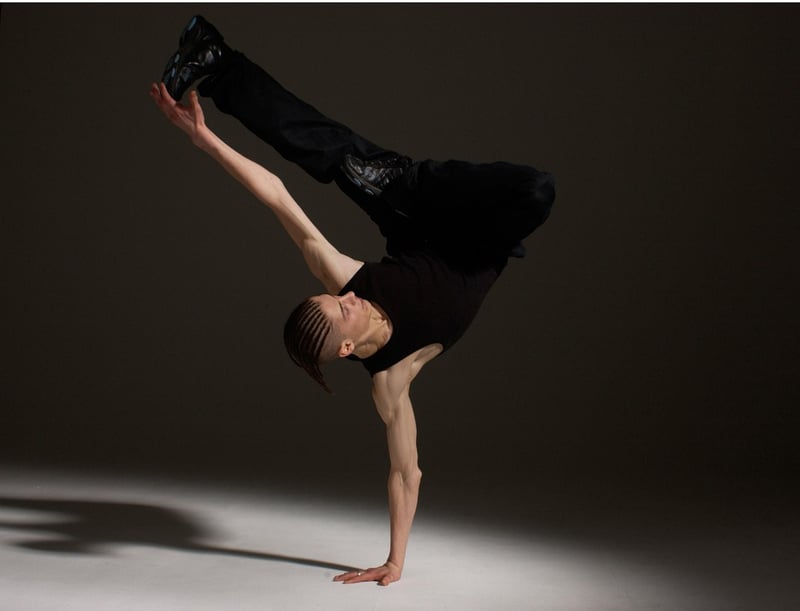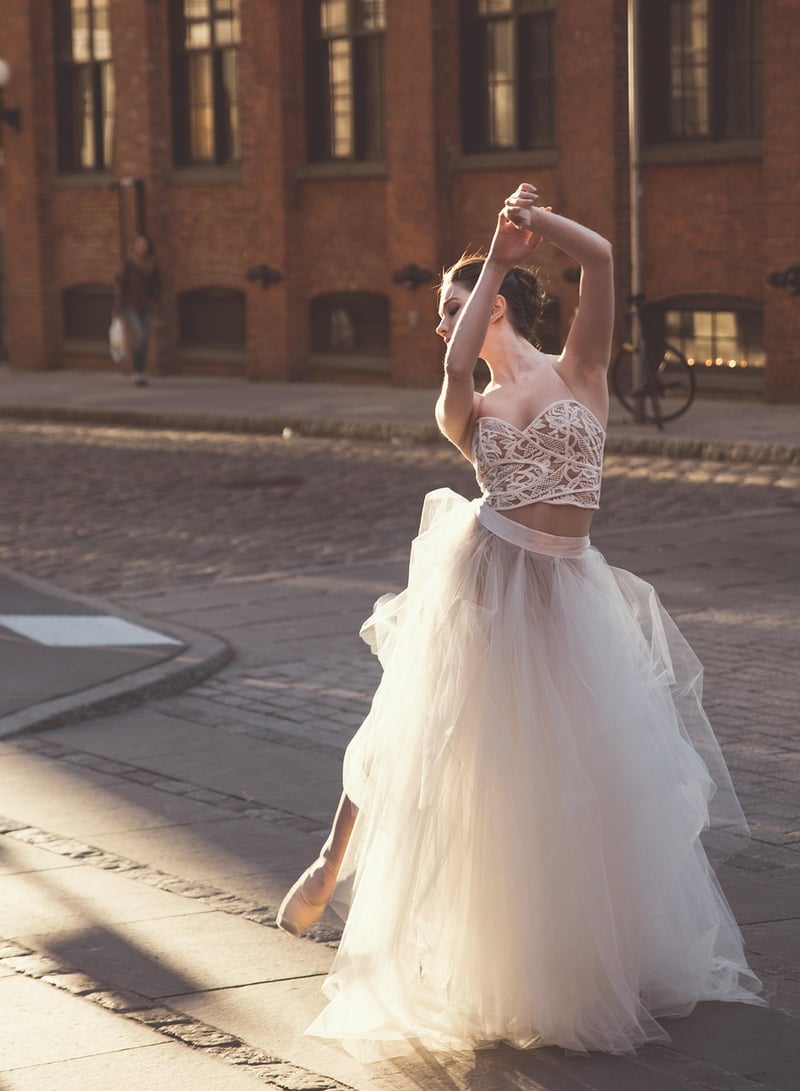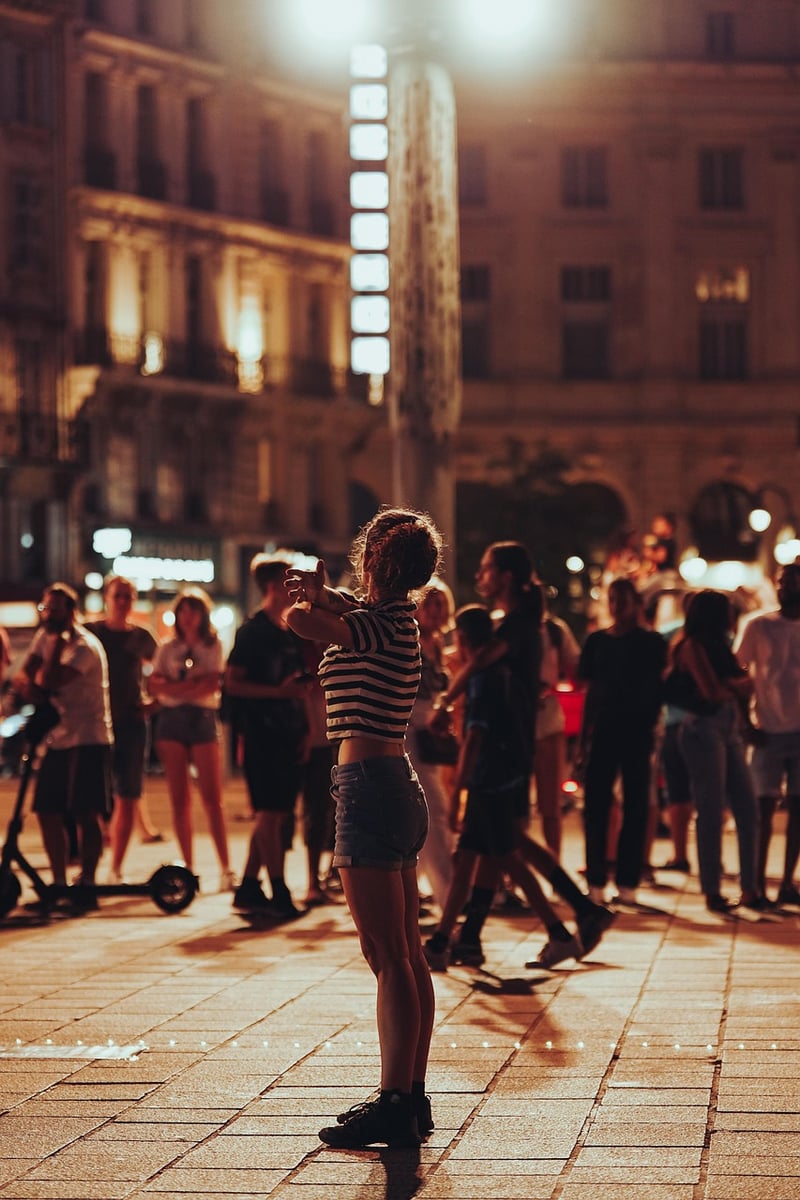Hip Hop
The Power of Expressive Movement in Hip Hop
Hip Hop, as a cultural movement and musical genre, has long been intertwined with various forms of expressive movement. From breakdancing to street dance, the physical expression of Hip Hop music has captivated audiences worldwide. Let's explore the significance of expressive movement in Hip Hop culture.
Breakdancing: A Dynamic Form of Expression
Breakdancing, also known as breaking, is a form of street dance that originated in the Bronx, New York City, in the 1970s. It is characterized by its acrobatic moves, intricate footwork, and athleticism. Breakdancing is not just a dance form; it is a visual representation of the rhythm and beats of Hip Hop music.

Street Dance: Embodying the Urban Spirit
Street dance encompasses a wide range of dance styles that evolved in urban settings, including Hip Hop choreography, popping, locking, and krumping. These styles emphasize self-expression, improvisation, and creativity, reflecting the diverse influences of urban culture.

The Fusion of Movement and Music
Expressive movement in Hip Hop is not just about dance; it is a dynamic fusion of movement and music. Dancers interpret the rhythm, lyrics, and emotions of Hip Hop songs through their movements, creating a powerful visual storytelling that resonates with audiences.
Embracing Creativity and Individuality
One of the core principles of expressive movement in Hip Hop is the celebration of creativity and individuality. Dancers are encouraged to develop their unique style, experiment with new moves, and push the boundaries of traditional dance forms, fostering a culture of innovation and self-expression.

Conclusion
Expressive movement plays a central role in the vibrant tapestry of Hip Hop culture, connecting music, dance, and visual art in a seamless blend of creativity and self-expression. Whether through breakdancing, street dance, or choreography, Hip Hop movement continues to inspire and influence artists and audiences around the world.
